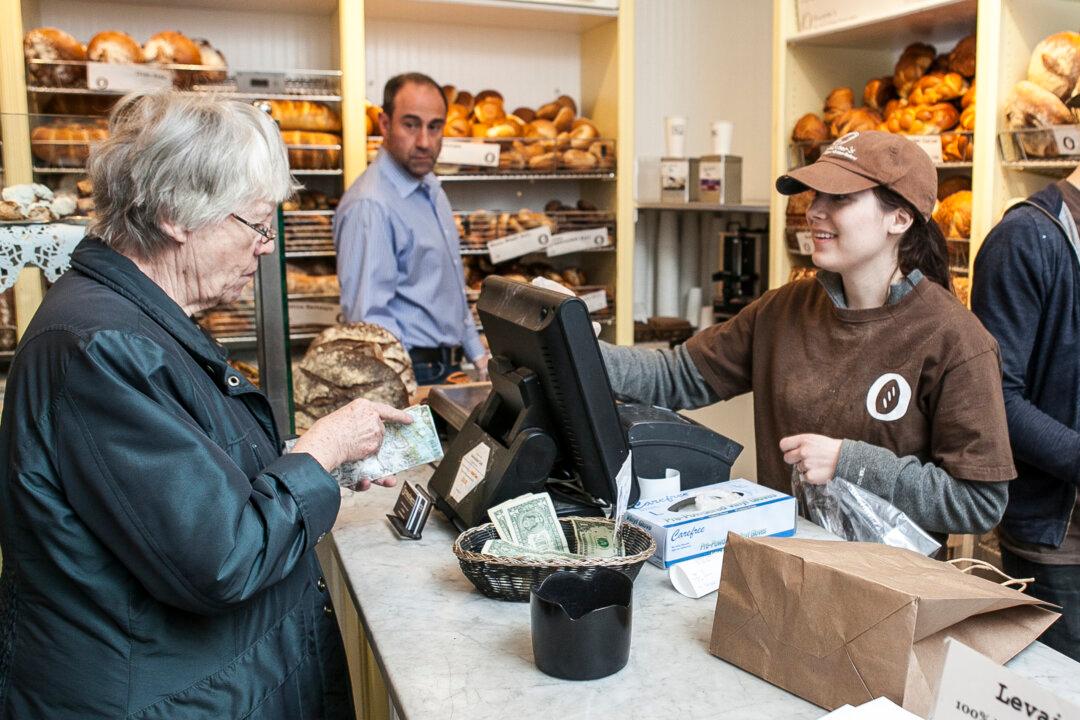Small businesses are the most optimistic ever about their prospects, benefiting from tax cuts and deregulation under President Donald Trump, according to a survey by the National Federation of Independent Business.
The NFIB Small Business Optimism Index reached 108.8 in August, beating the previous record of 108, which dates back to the vigorous recovery of 1983 under President Ronald Reagan.





